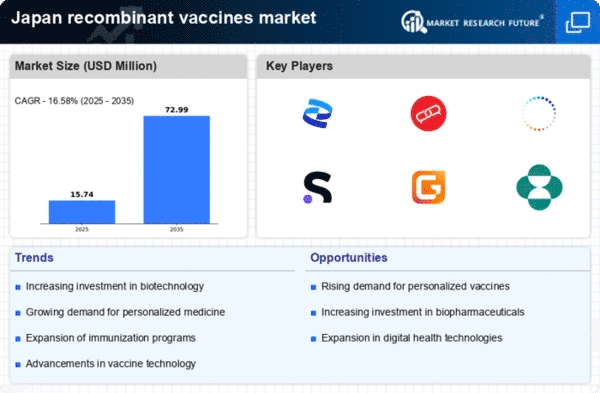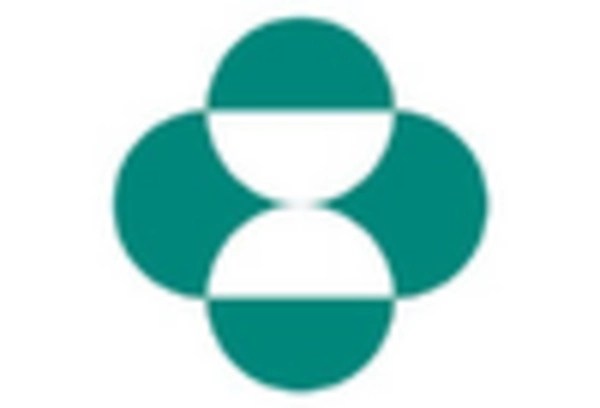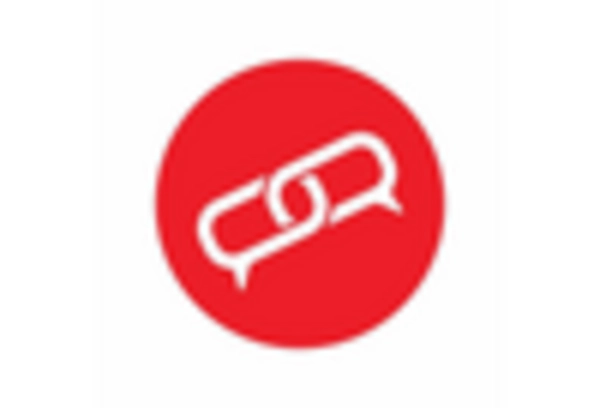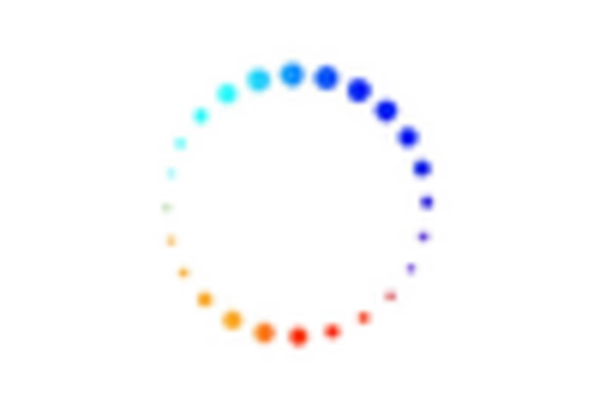Government Initiatives and Funding
In Japan, government initiatives aimed at enhancing public health are significantly impacting the recombinant vaccines market. The Japanese government has allocated substantial funding for vaccine research and development, particularly in response to emerging infectious diseases. This funding is expected to reach approximately ¥50 billion by 2026, fostering innovation within the recombinant vaccines market. Additionally, public-private partnerships are being encouraged to expedite the development and distribution of vaccines. Such initiatives not only bolster the financial resources available for research but also facilitate collaboration between academia and industry, ultimately leading to the introduction of novel vaccines that meet the needs of the population.
Rising Demand for Personalized Medicine
The trend towards personalized medicine is emerging as a notable driver for the recombinant vaccines market in Japan. Patients are increasingly seeking tailored healthcare solutions that cater to their individual health profiles. This shift is prompting the recombinant vaccines market to explore the development of personalized vaccines that can provide more effective protection against diseases. The market is projected to see a growth rate of around 7% annually as healthcare providers adopt more personalized approaches to vaccination. This demand for customized healthcare solutions is likely to encourage innovation and investment in the recombinant vaccines sector, ultimately benefiting patient outcomes.
Growing Incidence of Infectious Diseases
The rising incidence of infectious diseases in Japan is a critical driver for the recombinant vaccines market. Recent data indicates that the prevalence of diseases such as influenza and hepatitis has prompted increased vaccination efforts. The recombinant vaccines market is responding to this demand by developing targeted vaccines that can effectively combat these diseases. For example, the introduction of a new recombinant vaccine for influenza is projected to reduce infection rates by up to 30% in the coming years. This growing health concern is likely to stimulate market growth, as both healthcare providers and patients recognize the importance of vaccination in disease prevention.
Technological Advancements in Vaccine Development
The recombinant vaccines market in Japan is experiencing a surge due to rapid technological advancements in vaccine development. Innovations in genetic engineering and biotechnology are enabling the creation of more effective and safer vaccines. For instance, the use of recombinant DNA technology allows for the production of vaccines that can elicit stronger immune responses. This is particularly relevant in Japan, where the demand for advanced healthcare solutions is high. The market is projected to grow at a CAGR of approximately 8% from 2025 to 2030, driven by these technological improvements. As a result, the recombinant vaccines market is likely to see increased participation from both established pharmaceutical companies and emerging biotech firms, enhancing competition and innovation in the sector.
Increased Collaboration Between Academia and Industry
Collaboration between academic institutions and the pharmaceutical industry is becoming increasingly prevalent in Japan, significantly influencing the recombinant vaccines market. Universities and research organizations are partnering with biotech firms to leverage their expertise in vaccine development. This synergy is expected to lead to the creation of innovative vaccines that address specific health challenges faced by the Japanese population. The recombinant vaccines market is likely to benefit from these collaborations, as they facilitate knowledge transfer and resource sharing. As a result, the pace of vaccine development may accelerate, potentially leading to the introduction of new products that enhance public health outcomes.
















